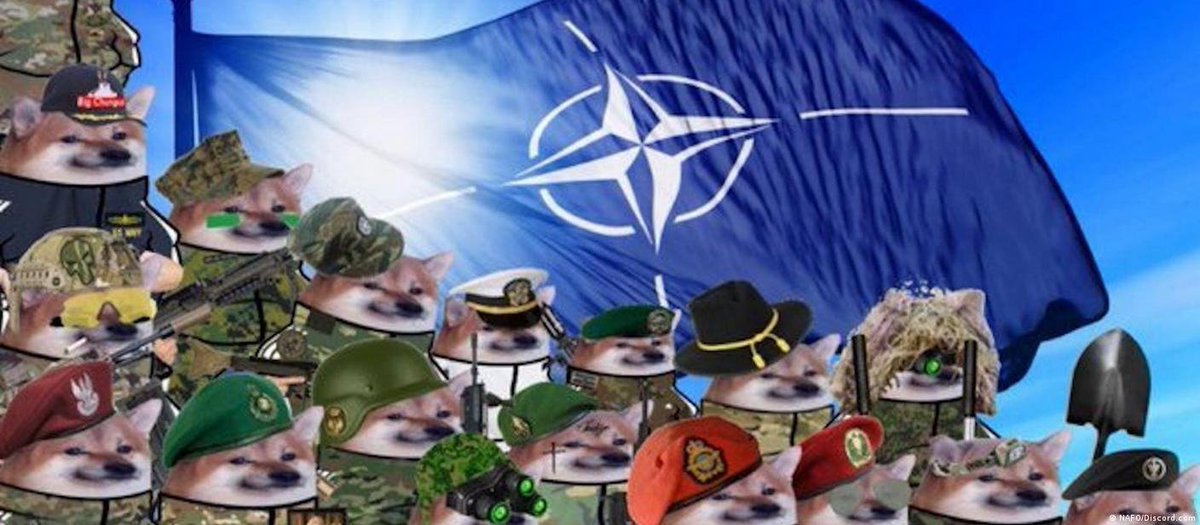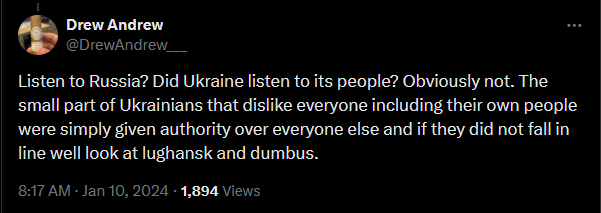Soup 276, March 18, 2024
| Soup | 276 |
|---|---|
| Permalink | Permalink |
| Date | 2024-03-18 |
| Twitter/X | Read |
| Twitter/X Quotes | View |
| Twitter/X Latest Comments | View |
| Twitter/X Thread | Thread |
| Thread Reader App | Read |
| Thread Reader PDF | Read |
| Soup type | Debunk |
|---|---|
| Profession | Propaganda |
| Country of origin | The russia |
| Retweets | 1.5k |
| Likes | 5.2k |
| Views | 435.1k |
| Bookmarks | 487 |
| In other languages | |
| Related soups: |
Current Kremlin narratives
Then there’s the “peaceniks”, or accounts that are constantly calling for Ukraine to negotiate for peace, even though Putin himself said recently that “It would be ridiculous for us to start negotiating with Ukraine”.
Debunk:
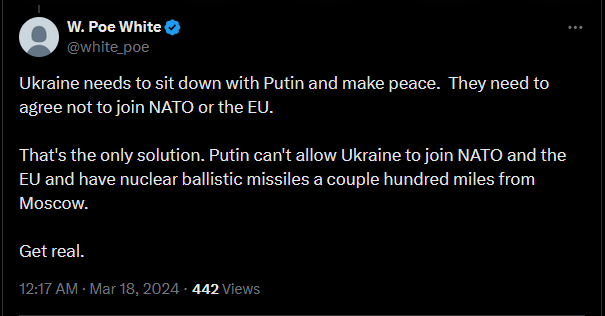
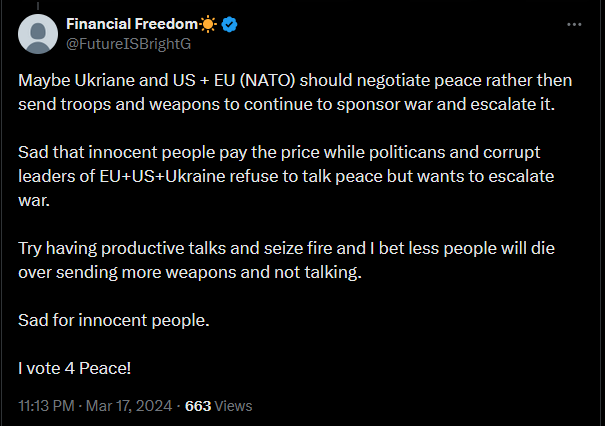
Debunk:
 Consequences of a Russian victory
Consequences of a Russian victory



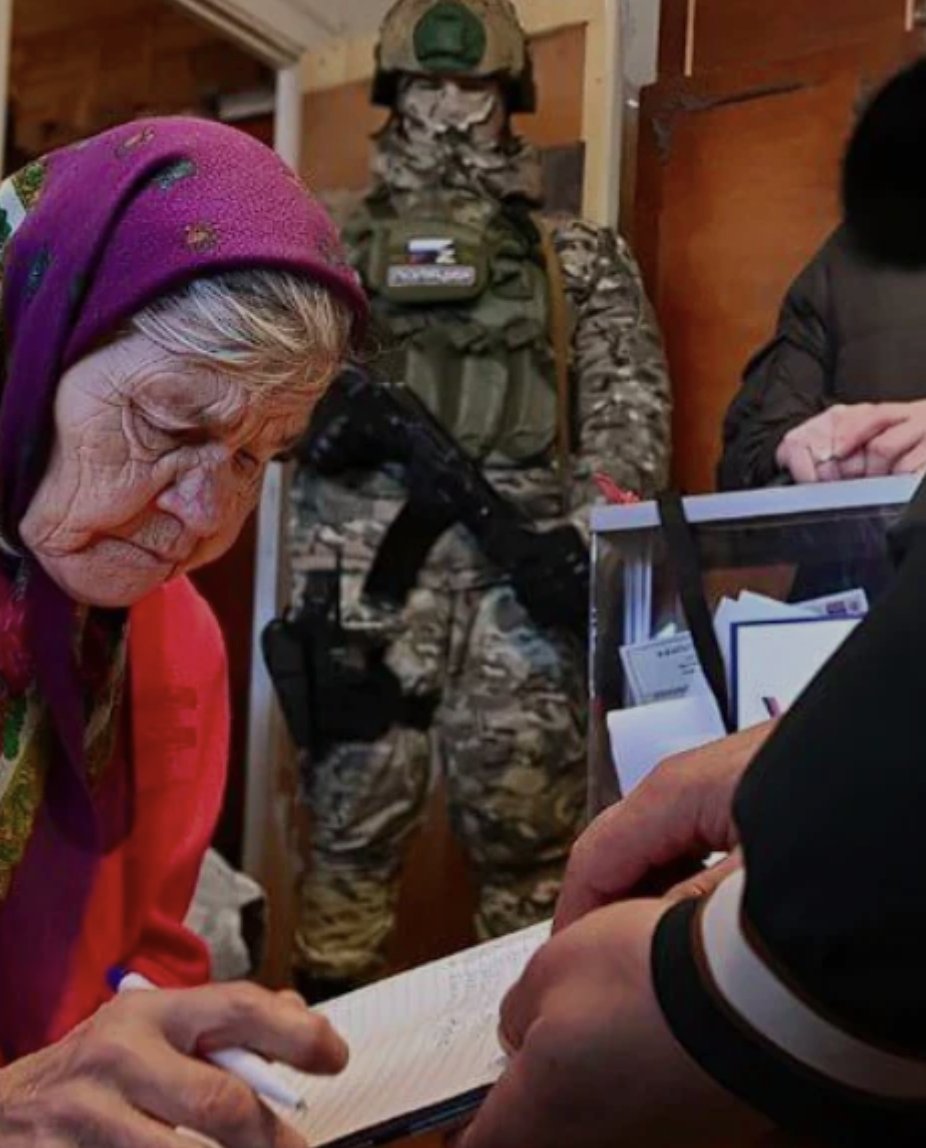
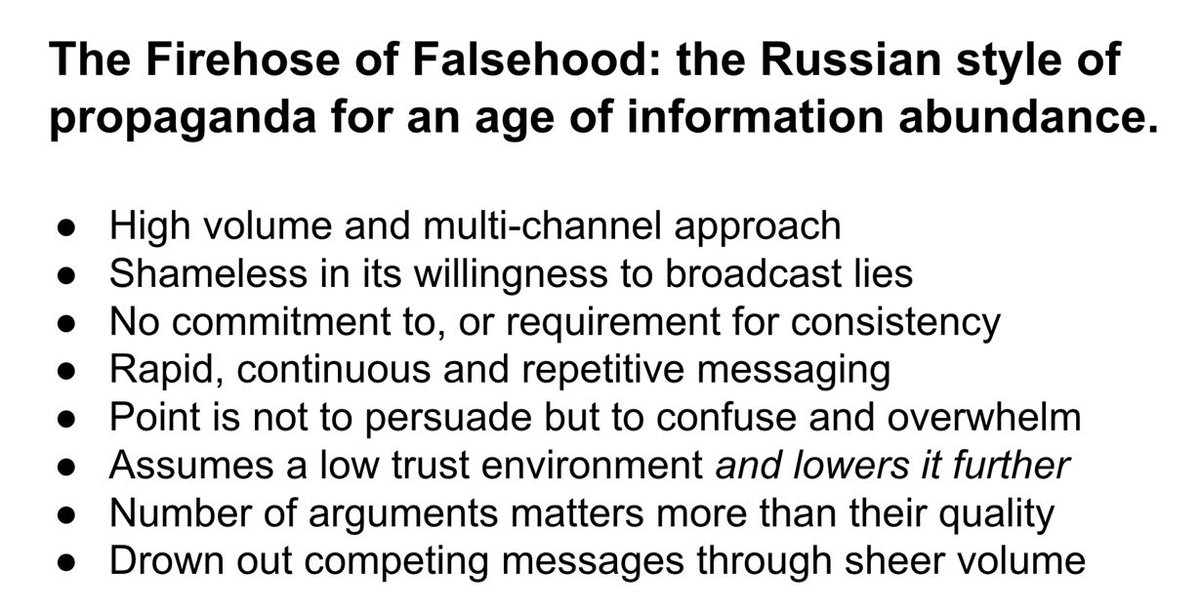

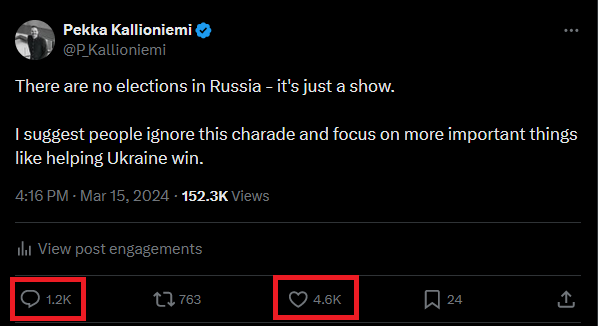
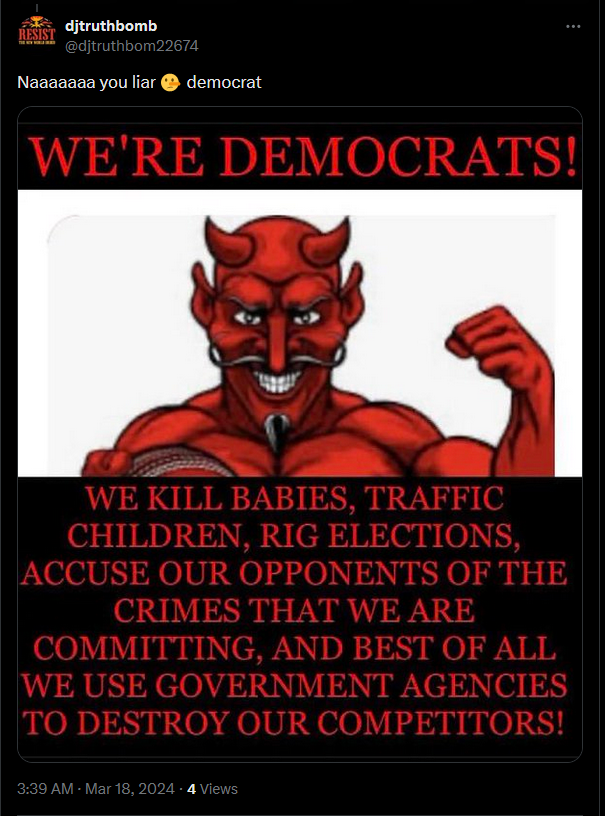
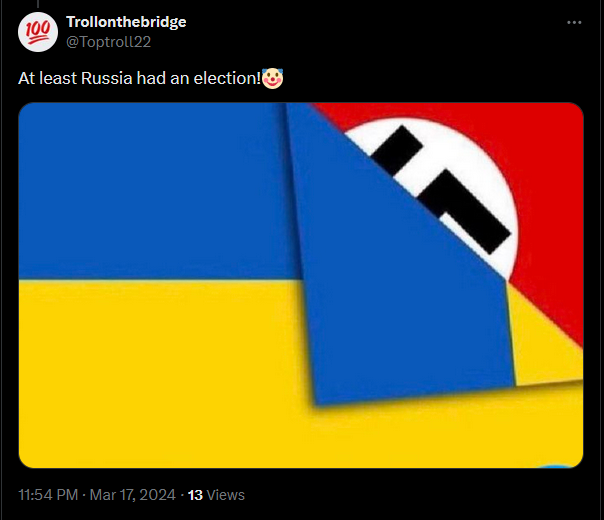

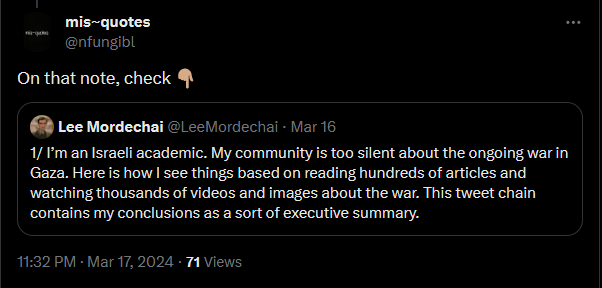


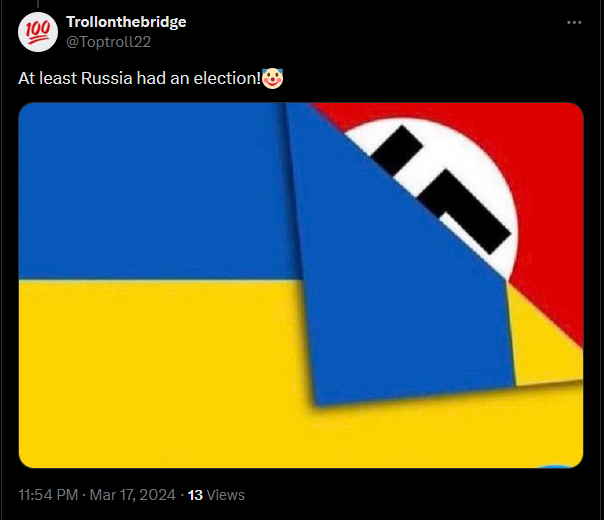

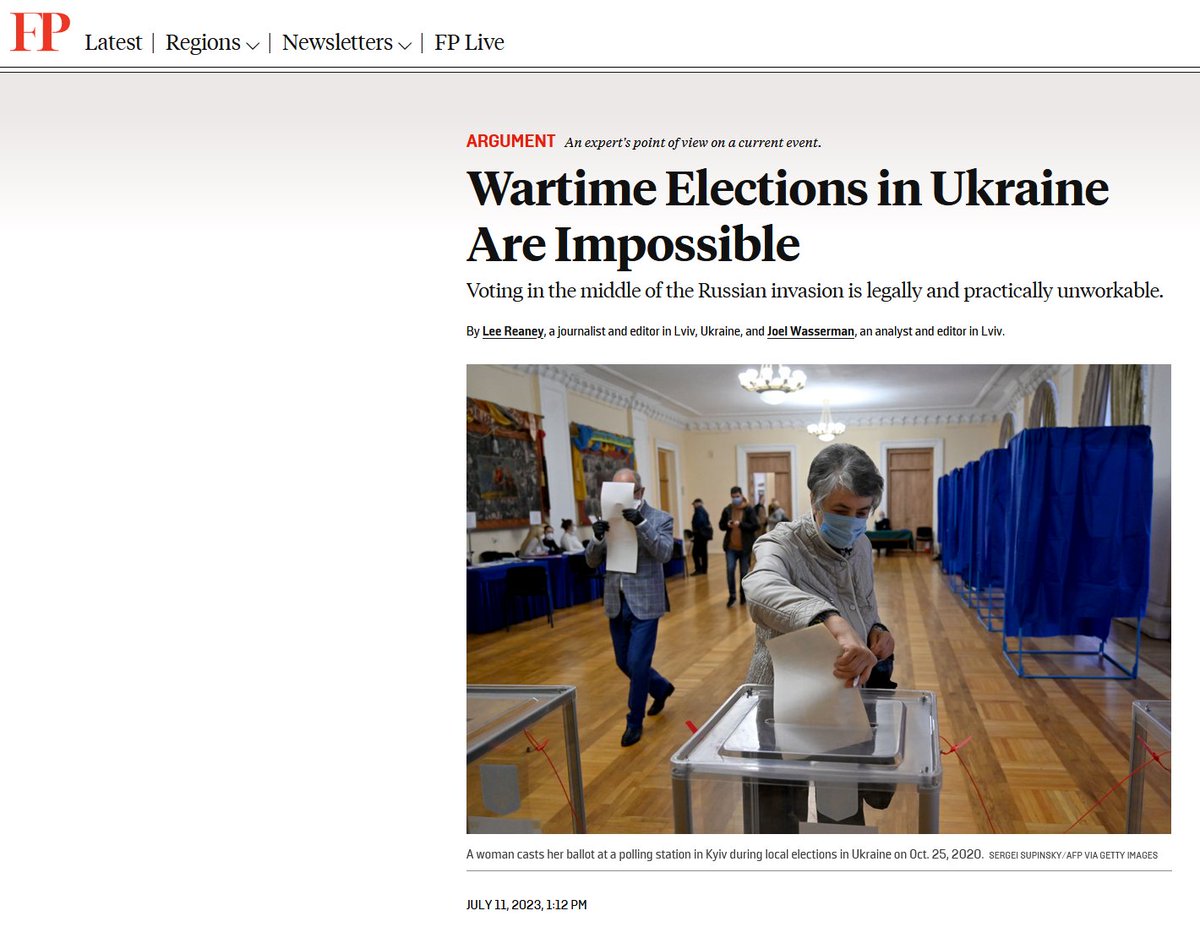
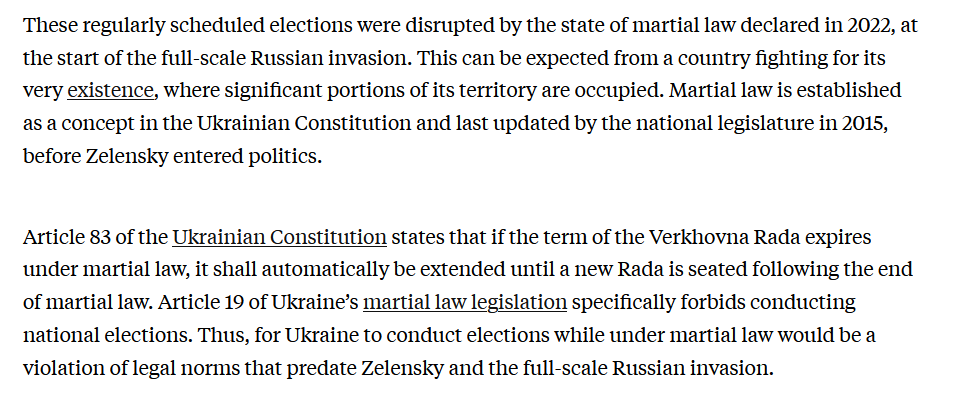
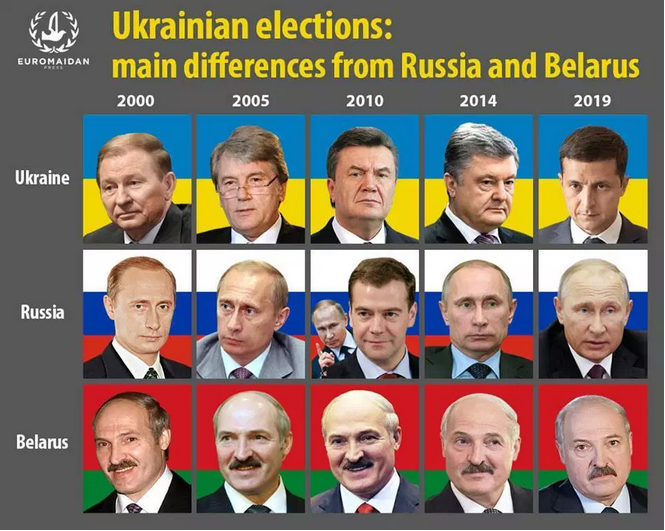
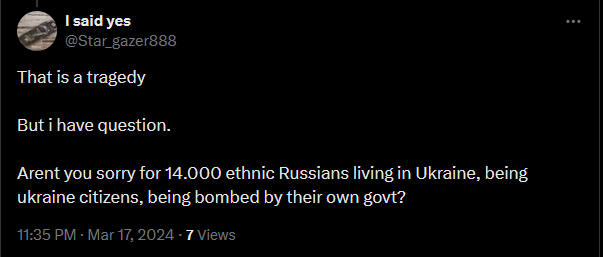



 Genocide in Donbas
Genocide in Donbas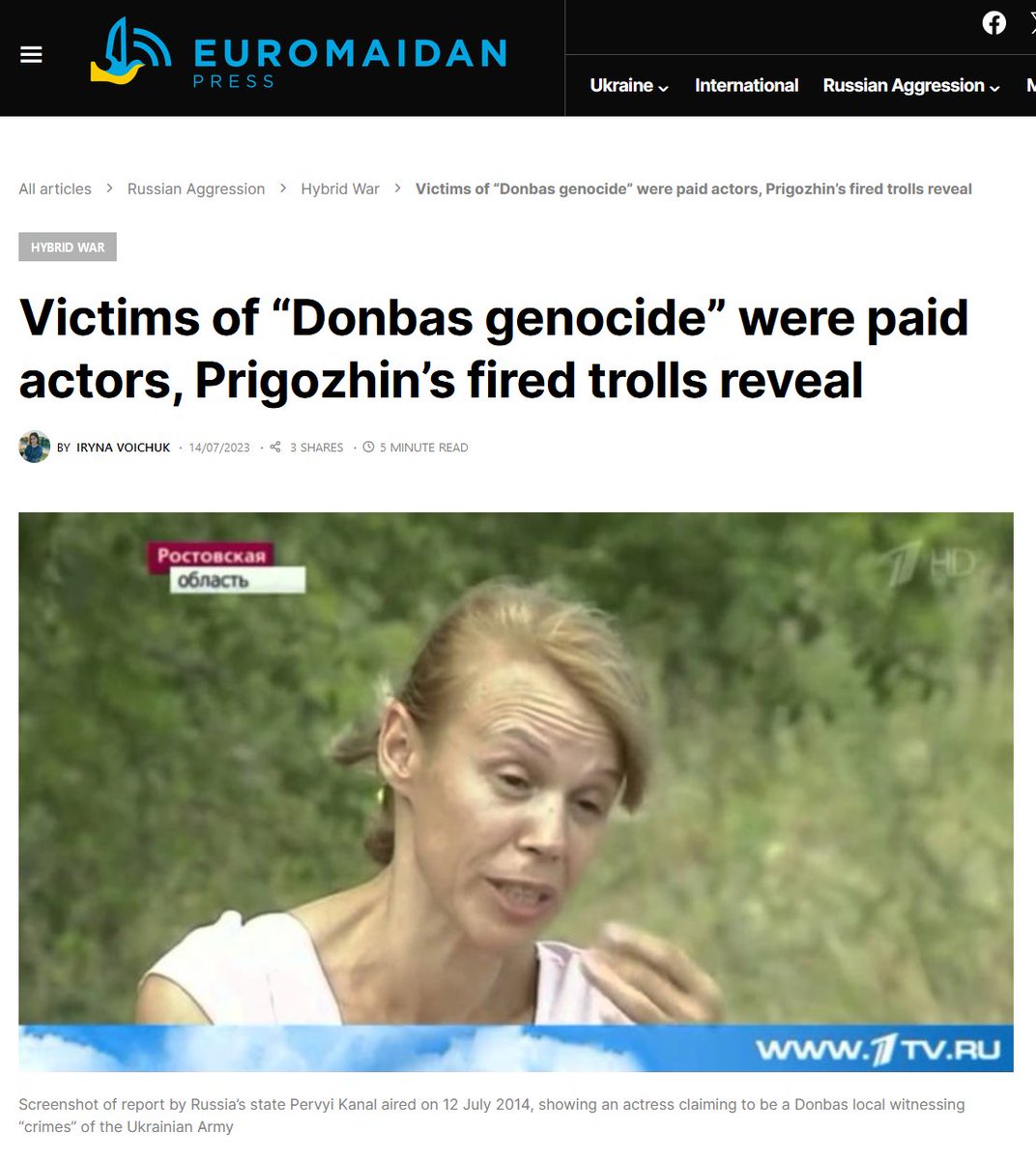
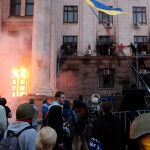 2014 Odesa clashes
2014 Odesa clashes
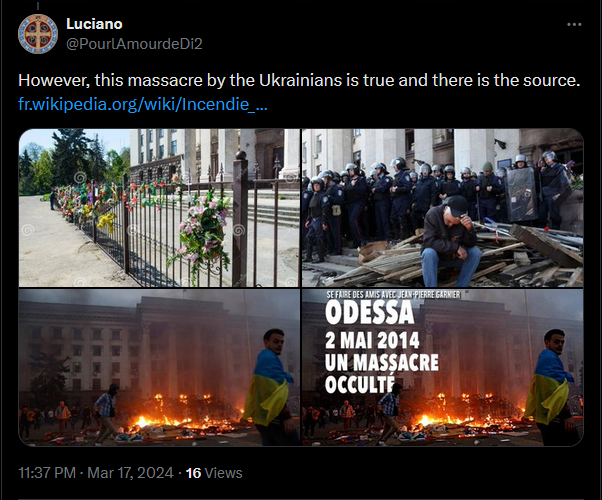
 Russian nazis
Russian nazis Russian Nazis, part 2
Russian Nazis, part 2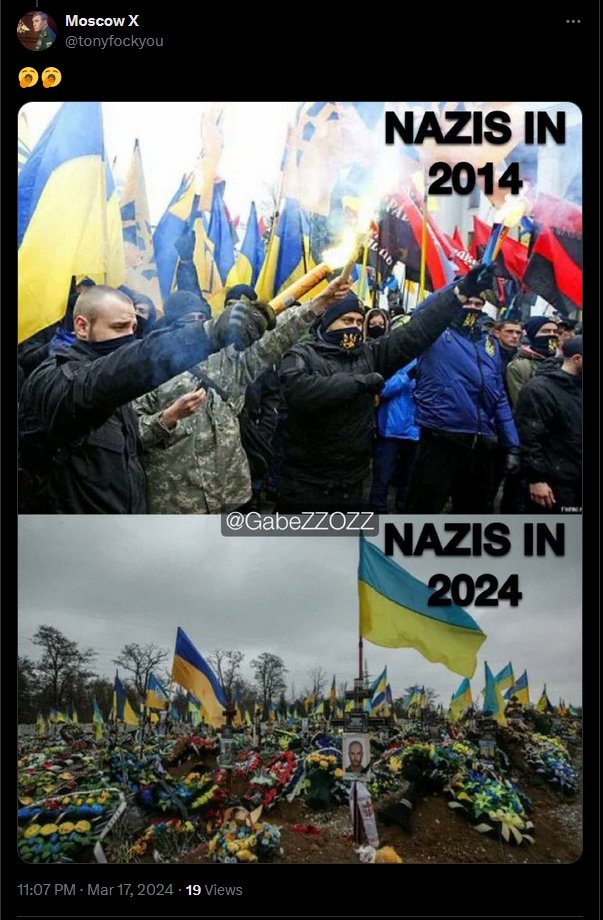
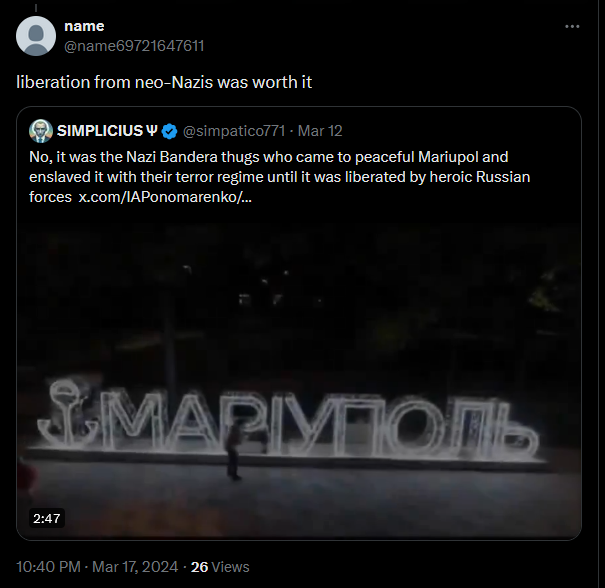

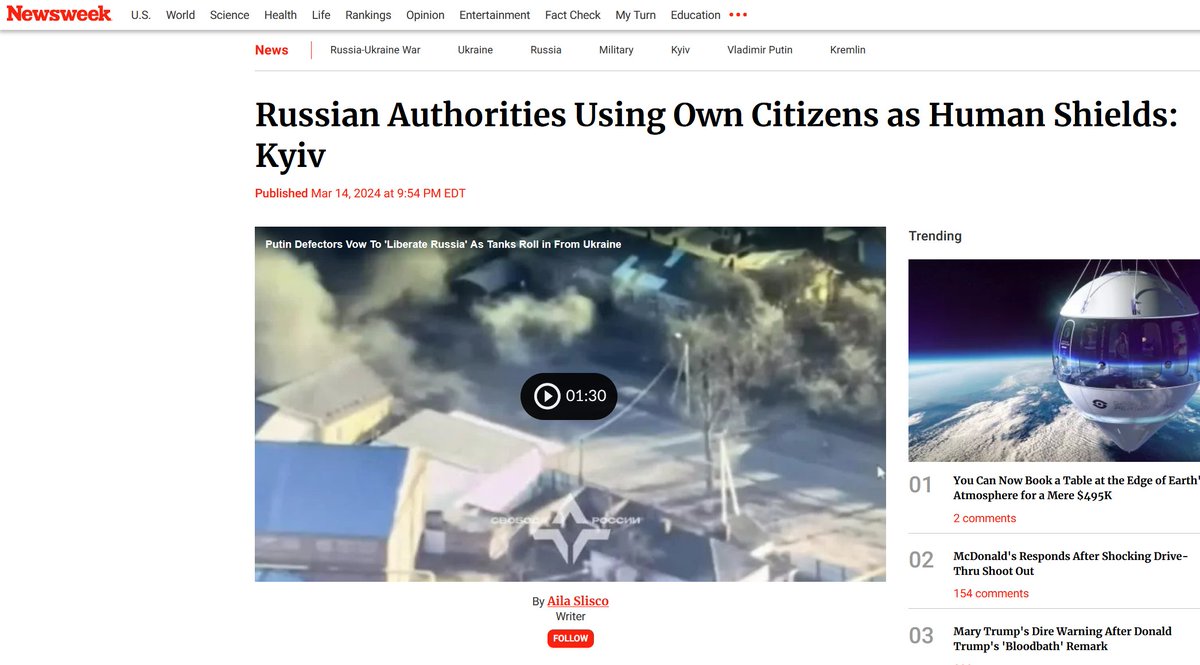
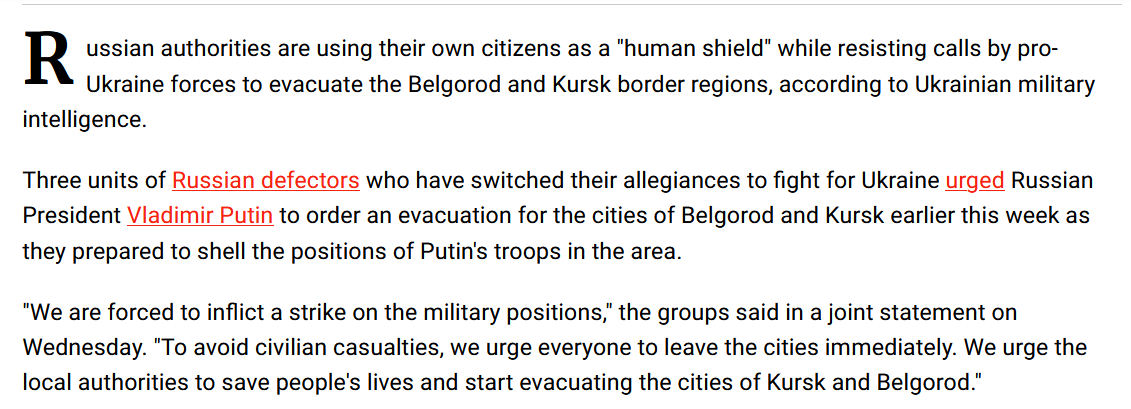
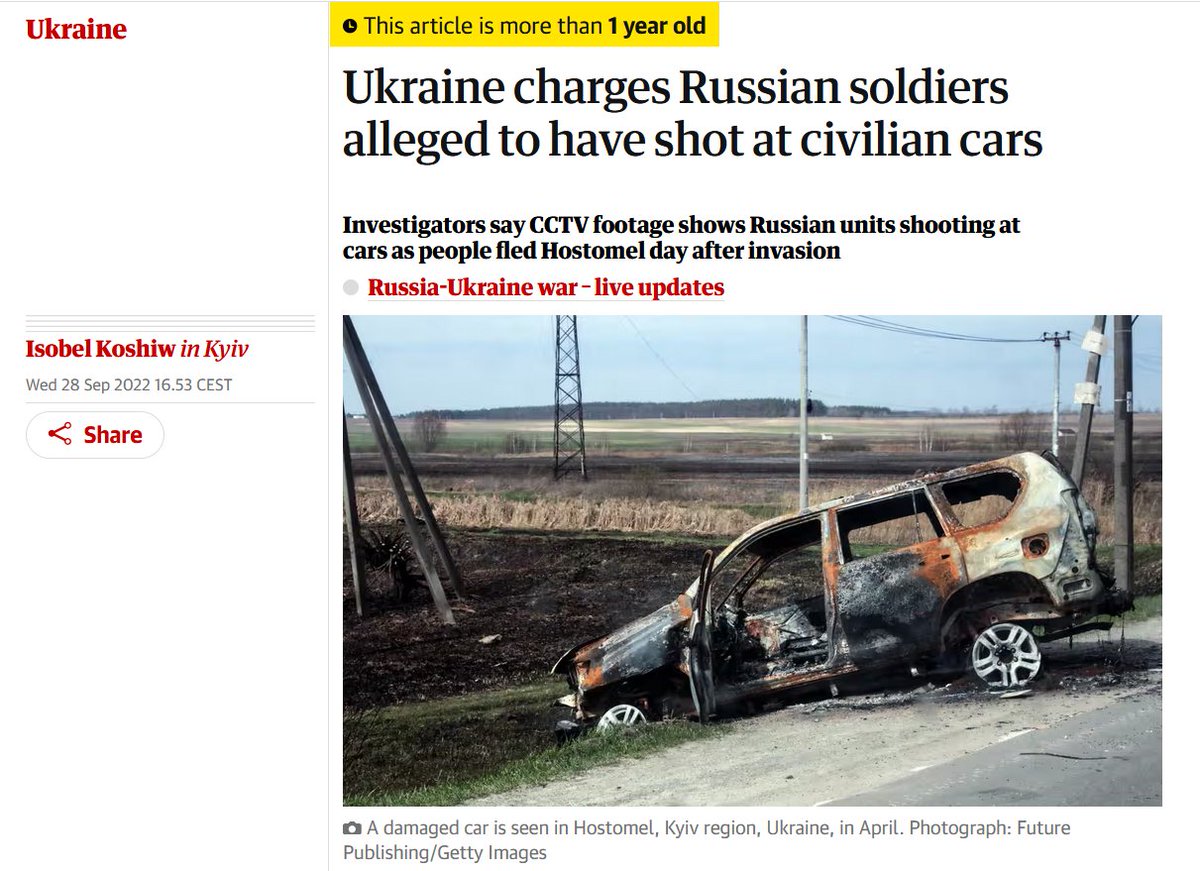
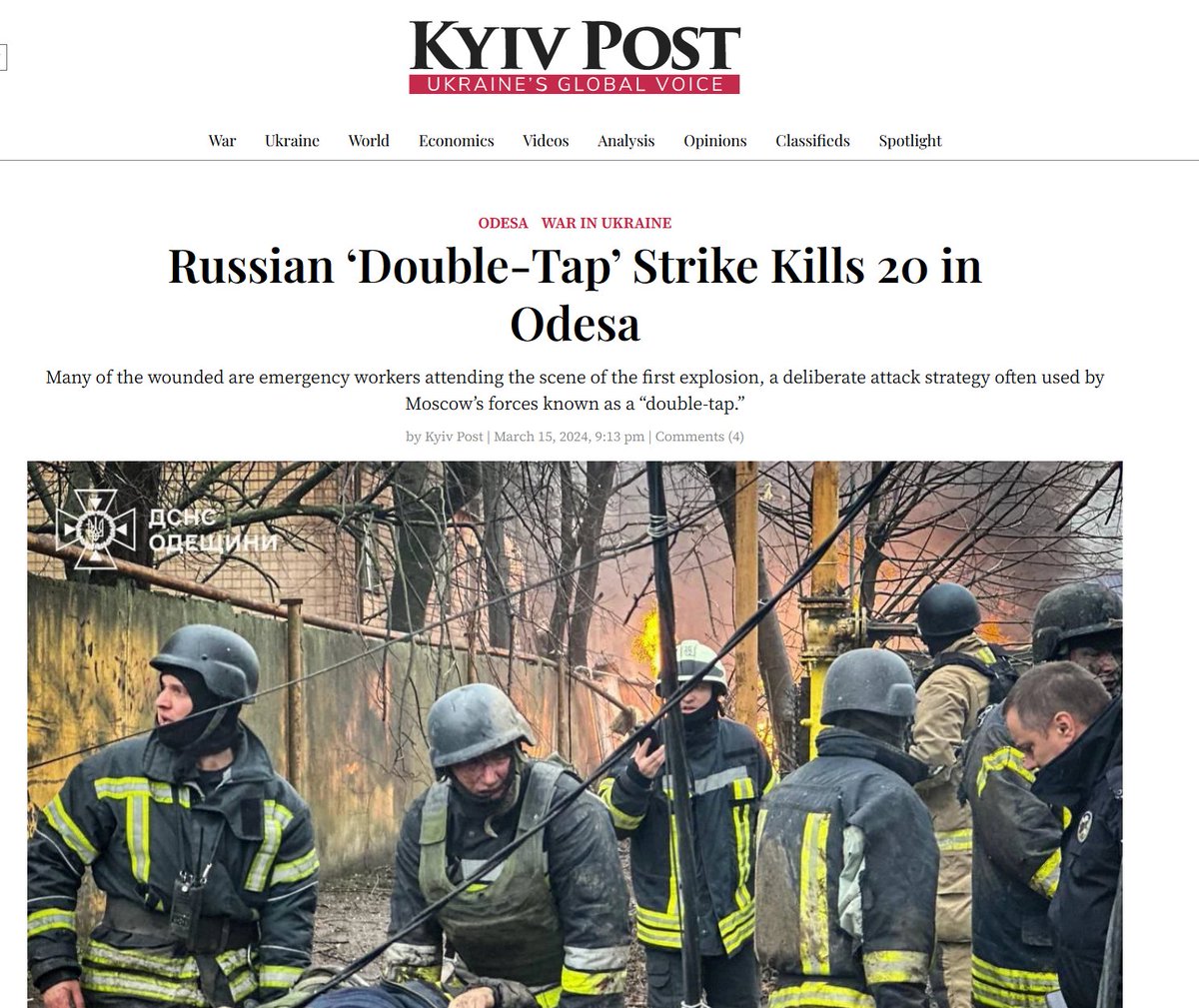
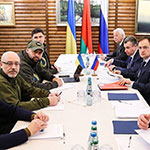 Peace negotiations
Peace negotiations



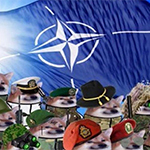 NAFO, part 2
NAFO, part 2